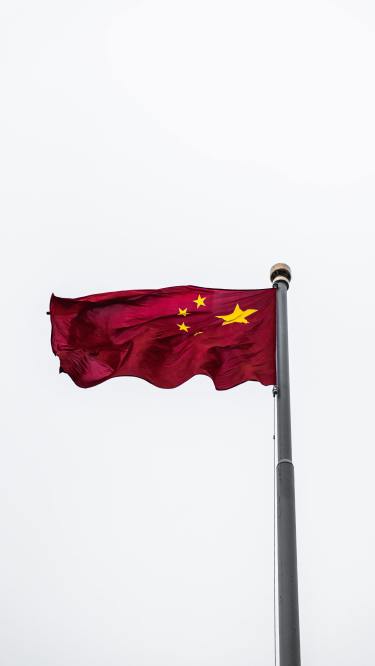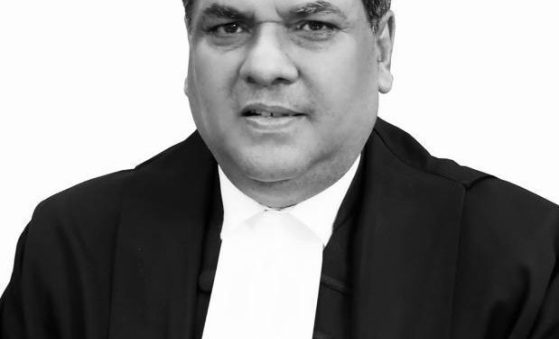
Chinese president Xi Jinping has called for “ethnic unity and religious harmony” during a visit to Tibet, where Beijing faces long-standing accusations of cultural repression and human rights abuses.
Xi attended a large ceremony in Lhasa on 21 August to mark 60 years since the creation of the Tibet Autonomous Region. It was his first visit to the region since 2021. Speaking to local officials, he stressed that “political stability, social stability, ethnic unity and religious harmony” were essential to Tibet’s future, according to state broadcaster CCTV.
The anniversary event was held in front of the Potala Palace, the historic home of Tibet’s Dalai Lamas. Thousands of people, including school children, military personnel and dancers in traditional Tibetan dress, filled the square. A parade featured floats with official slogans and troop formations, alongside cultural performances.
Senior Communist Party leaders praised the region’s development and called for vigilance against separatism. Wang Huning, one of China’s top officials, told the gathering that any effort to “split the motherland” or undermine Tibet’s security would fail.
Rights groups, however, say Beijing has eroded Tibetan culture, placed heavy restrictions on religion, and imposed extensive surveillance across the region. Authorities insist their policies have brought stability and economic progress to what was one of China’s poorest areas.
Xi’s visit comes at a sensitive time as Tibetans consider the future of their spiritual leadership. The 14th Dalai Lama, now 90 and living in exile in India, has said his office will decide on his succession. Beijing, however, insists it must approve any future Dalai Lama, raising the possibility of rival claimants.
Xi also used the occasion to promote the ongoing construction of the Yarlung Tsangpo hydropower dam, a $167 billion project that could become the largest of its kind. The dam, which began construction in July, has raised concerns in India and Bangladesh, countries located downstream.
India confirmed it had raised the issue with China’s foreign minister Wang Yi during talks in New Delhi this week. The discussions also touched on the unresolved border dispute between the two countries, which saw deadly clashes in 2020.
Adapted from UCA News.




